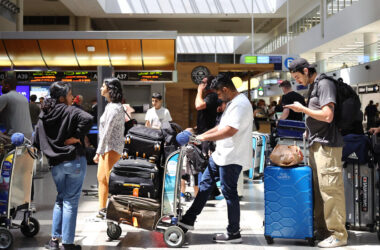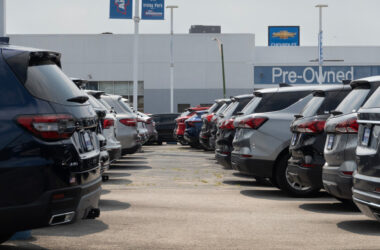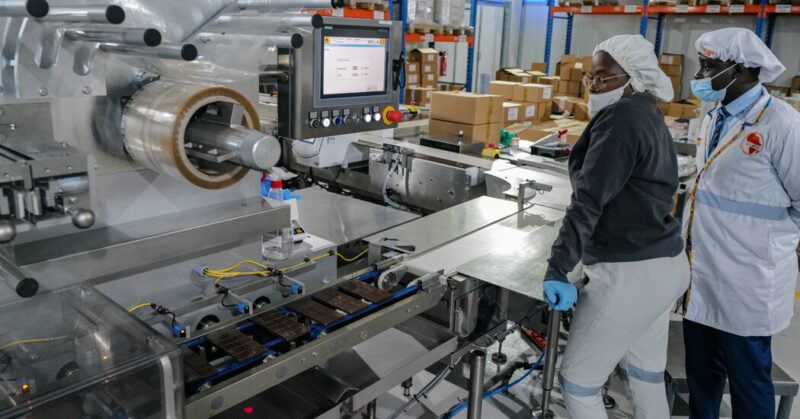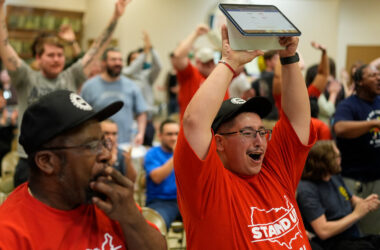The journey from Ghana’s capital city, Accra, to the Fairafric chocolate factory in Amanase is not an easy one. The road, initially smooth and paved, quickly turns into a rugged dirt path with no lanes. Despite the challenges, Fairafric is determined to build a thriving chocolate factory in Ghana, a country that produces 70 percent of the world’s raw cocoa beans but only 1 percent of the chocolate.
Fairafric’s goal is to capture a larger share of the profits generated by chocolate sales and keep them in Ghana. By manufacturing the chocolate locally, the company aims to create stable, well-paying jobs for farmers and support other local businesses. However, building industrial capacity in Ghana is no easy task, as it requires reliable infrastructure, skilled workers, and access to financing.
The dependence on cocoa as a primary commodity can be a double-edged sword. While it provides valuable export revenue, it also exposes the economy to volatility in commodity prices. To diversify and achieve long-term growth, countries like Ghana need to develop other sectors such as manufacturing and technology services.
Fairafric’s founder, Hendrik Reimers, believes in the “fairchain movement,” which advocates for keeping the entire production process in the country that produces the raw materials. By doing so, the gains can be distributed more equitably among farmers, factory workers, and small investors in Ghana.
Despite facing challenges such as the COVID-19 pandemic and economic instability, Fairafric remains resilient. The company has received support from crowdfunding campaigns, a German development bank, and a family-owned chocolate company. The government of Ghana has also implemented measures to support local cocoa processing and increase the minimum price paid to farmers.
Fairafric’s model not only benefits the farmers and workers involved but also contributes to building local infrastructure and supporting other businesses. The company recognizes that the chocolate industry generates significant wealth but believes that to fully benefit, going beyond just selling beans is necessary.
Unique Perspective:
Maximizing the profits from the global chocolate market is crucial for West Africa, as it is the leading cocoa producer. By focusing on local manufacturing and fair trade practices, companies like Fairafric are not only creating economic opportunities but also empowering farmers and communities. This approach challenges the traditional commodity export model and strives for a more equitable and sustainable chocolate industry. Ultimately, supporting West Africa’s efforts to retain more value from its cocoa production benefits the entire region and promotes economic growth.








